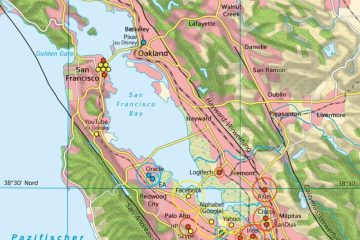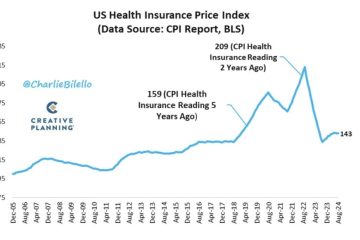Kuwait: Economic Development Amidst Current Challenges

Introduction
Kuwait, a nation rich in oil reserves and cultural heritage, continues to be a focal point in the Middle East for economic development and social change. The country, situated at the northwestern corner of the Arabian Gulf, has been striving to diversify its economy, reducing dependence on oil revenue. Understanding Kuwait’s current situation is crucial for grasping the region’s overall economic health and its future trajectory.
Economic Growth and Diversification Efforts
In recent years, Kuwait’s government has implemented several ambitious plans aimed at economic diversification. The National Development Plan, launched in 2010, outlines extensive projects designed to reduce the economy’s reliance on oil and stimulate non-oil sectors such as finance, tourism, and technology. A recent report indicated that non-oil GDP is projected to grow by 4.5% in 2023, which is crucial as the nation seeks to create job opportunities for its growing population.
Socio-Political Landscape
Kuwait enjoys a relatively high degree of political freedom compared to its Gulf neighbours, with a democratic parliamentary system in place. However, it has faced political challenges, including tensions between the Parliament and the government, which can hinder legislative progress on important economic reforms. The social landscape is marked by a young population, with around 70% under the age of 30. This demographic shift raises demands for employment and social reforms.
Global Challenges and Regional Instability
Despite these optimistic economic projections, Kuwait faces external challenges including fluctuating oil prices, regional instability, and the lingering impacts of the COVID-19 pandemic. The recent conflict in neighbouring countries and geopolitical tensions have caused anxiety, potentially influencing foreign investments and economic stability.
Conclusion
The future of Kuwait rests on its ability to effectively implement its economic diversification strategies while addressing social needs and political challenges. Continuous investment in infrastructure, technology, and education will play a vital role in shaping the nation’s trajectory. As Kuwait positions itself on the global stage, its resilience and adaptive strategies will be essential to sustain growth and navigate an ever-changing regional landscape.









